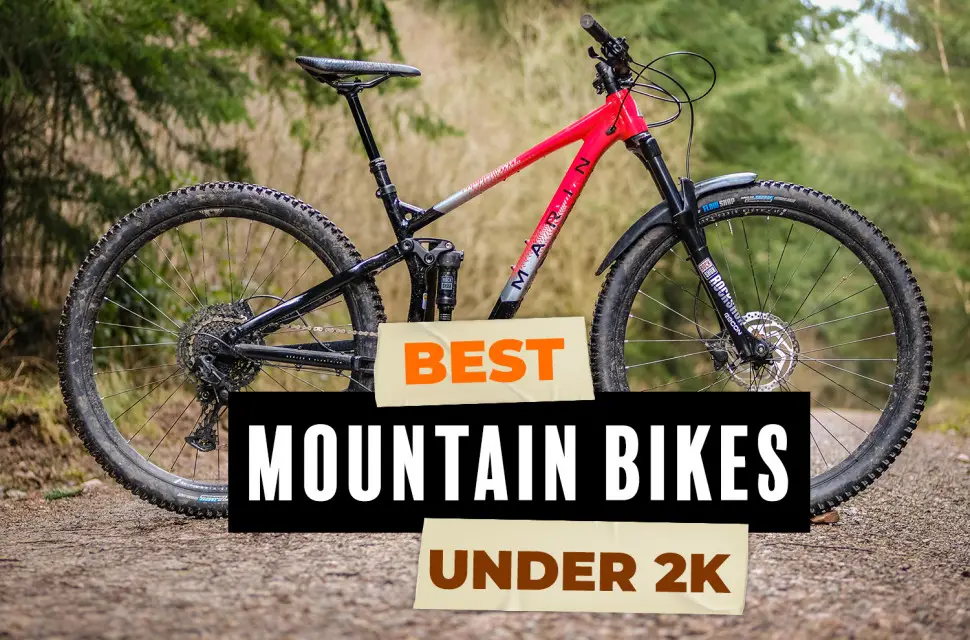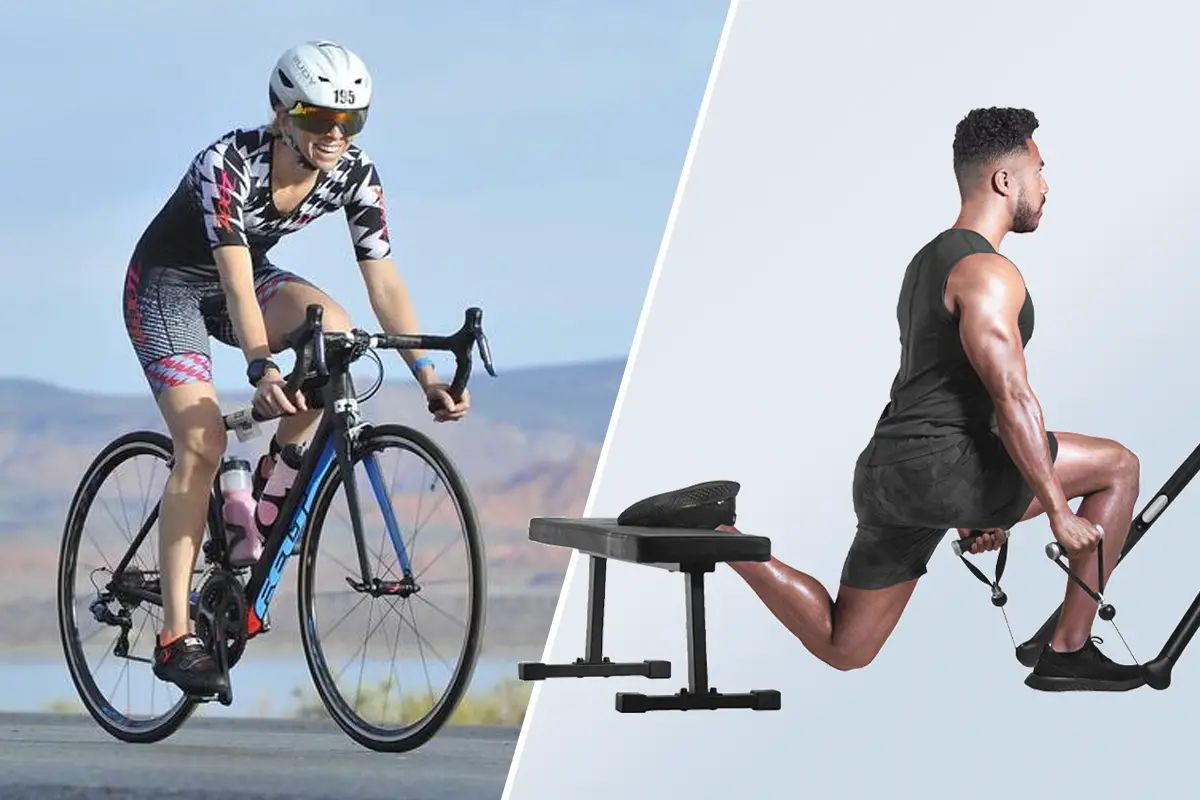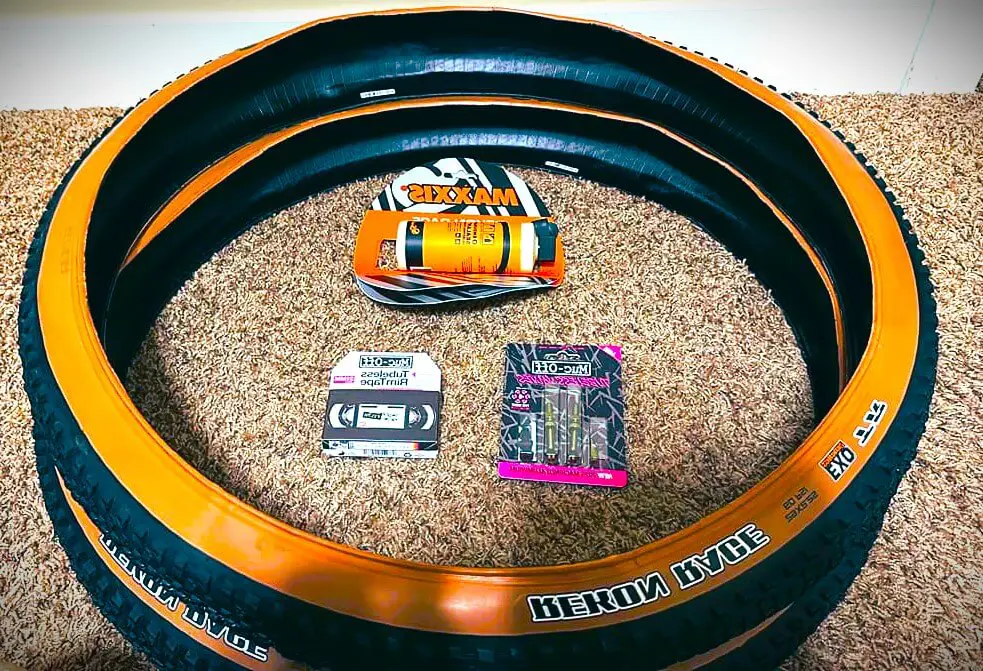Best All Around Mountain Bike Tire: Ultimate Grip Guide
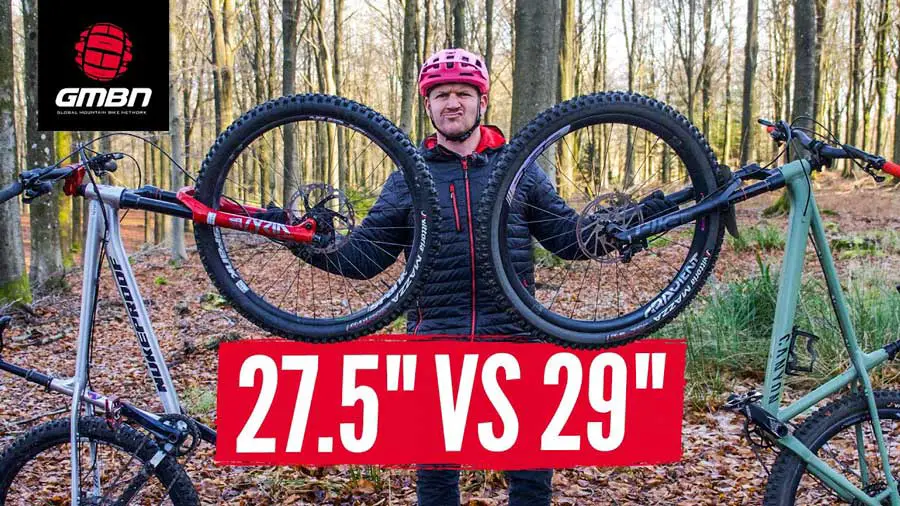
As an affiliate, we may earn from qualifying purchases. We get commissions for purchases made through links on this website. You can read more on our Affiliate Disclaimer here.
The Maxxis Minion DHF is widely regarded as the best all around mountain bike tire. Its aggressive tread design offers exceptional traction in a range of conditions.
Mountain biking enthusiasts constantly seek the ultimate tire that balances grip, durability, and versatility. The Maxxis Minion DHF stands out with its ability to handle diverse terrains, from loose over hardpack to wet and muddy trails. Riders favor this tire for its dependable cornering capabilities and braking performance.
Its wide knobs down the middle and larger side knobs ensure stability at high speeds, making it a top choice for both professional and recreational cyclists.
Whether tackling tough climbs or navigating technical descents, the Maxxis Minion DHF provides the confidence and control needed for an exhilarating ride. With this tire, mountain bikers are well-equipped to conquer whatever the trail throws at them.
The Quest For The Perfect Mountain Bike Tire
Finding the ideal mountain bike tire is a journey. Riders seek a mix of grip, durability, and agility. They need tires that can tackle rocky trails, mud, and sand with ease.
And, they must last long rides and harsh conditions. The perfect tire allows bikers to push limits without constant worry about wear or performance loss.
Traction Versus Durability
Traction and durability often compete in tire design. Tires with great grip may wear out faster. Those built to last might not grip as well.
Riders must think about their trails when choosing. Soft, sticky rubber offers awesome hold but may tear quicker. Harder compounds last longer but may slip on wet rocks.
- Soft Rubber:
- Sticks to trails
- Wears quickly
- Hard Rubber:
- Durable on rocks
- Less grip on wet surfaces
Finding the right balance is key. Local conditions and personal riding style dictate the best choice.
Weight And Performance Balance
Weight influences a bike’s feel and agility. Light tires make quick turns and climbs easier. They speed up fast but can puncture more often. Heavier tires protect against sharp rocks and drops. But, they may feel sluggish.
| Weight Category | Benefits | Drawbacks |
|---|---|---|
| Light | Agile, fast acceleration | More punctures |
| Heavy | Better protection, stable | Slower, harder to maneuver |
It’s a delicate line between too heavy and too light. Riders must weigh risks against benefits. The ideal weight depends on individual preferences and typical trails.

Credit: www.allmountainstyle.com
Key Aspects Of Mountain Bike Tires
Mountain bike tires are the unsung heroes of off-road cycling. Key aspects like tire tread, trail conditions, and rubber compounds play pivotal roles in bike performance. A proper understanding of these facets can transform a good ride into a great one as they impact grip, stability, and overall control.
Tire Tread And Trail Conditions
The tire tread design dictates how well your tires can grip and shed mud as you tackle varying trail conditions. Deep knobs are ideal for loose dirt, whereas shallower patterns excel on hardpacked surfaces. Let’s explore how tread designs relate to performance.
- Cross Country (XC) Tires: Fast-rolling with tighter tread for speed.
- All-Mountain Tires: Balanced tread for diverse terrains.
- Downhill (DH) Tires: Aggressive tread for maximum traction.
Rubber Compounds And Their Secrets
Rubber compounds in tires influence durability and grip. Softer rubber offers better traction but wears out faster. Harder rubber lasts longer but can be slippery. Manufacturers often use a combination of compounds to offer a balanced ride. Here are the secrets behind rubber formulas.
| Compound Type | Grip Level | Wear Rate |
|---|---|---|
| Soft Compound | High | Fast |
| Medium Compound | Medium | Moderate |
| Hard Compound | Low | Slow |
Mountain Biking Disciplines And Tire Choices
Selecting the right mountain bike tire is crucial
for peak performance. Different biking styles demand unique tire features.
Success on the trails depends on making the right choice.
Cross-country Vs. Downhill Demands
Cross-Country (XC) riders favor speed and efficiency.
Their ideal tire combines low rolling resistance with enough grip.
Options often include:
- Lightweight construction
- Smaller knobs for less drag
- Durable sidewalls to withstand sharp objects
On the other hand, Downhill (DH) enthusiasts need tough tires.
Downhill rides demand:
- Large, aggressive knobs
- Thick sidewalls for protection
- High volume for better shock absorption
Enduro Racing Tire Considerations
Enduro racers tackle diverse terrains. They need tires that excel in both climbs and descents. Enduro tire features often include:
- Medium knob size for versatility
- Strong grip in varied conditions
- Reinforced sidewalls for durability
Tire Width And Diameter: Sizing Up The Differences
Tire Width and Diameter: Sizing Up the Differences
The mountain bike tire market offers a range of sizes. Understanding these variations is key to finding the perfect fit for your ride. Tire width and diameter significantly affect traction, ride comfort, and handling. Let’s delve into how these dimensions can shape your biking experience.
Benefits Of Plus-sized Tires
Plus-sized tires fall between standard and fat bike tires. They typically range from 2.6 to 3.0 inches in width. Here’s why riders opt for plus sizes:
- Improved grip: A larger contact patch with the ground means better traction.
- Comfort: The extra volume allows for lower tire pressures, softening the ride.
- Stability: Wider tires can offer more stability on rough trails.
29ers Vs. 27.5-inch Wheels Impact
Choosing between 29-inch and 27.5-inch wheels comes down to riding style and terrain. Here’s what sets them apart:
| 29ers | 27.5-inch |
|---|---|
| Roll over obstacles easilyMaintain momentumStable at high speeds | More agile in tight turnsLighter weightBetter acceleration |
Both wheel sizes can be paired with various tire widths, influencing grip, cushioning, and control. So, consider your trail type and riding preferences before making a choice.
Tubeless Tires: Are They The Ultimate Upgrade?
Mountain bike fans often wonder how to enhance their ride. Tubeless tires could be the answer. They offer a major upgrade over traditional tires. This advancement could transform your biking experience.
Setting Up For A Tubeless Ride
Transitioning to a tubeless system needs attention to detail. The setup includes several steps:
- Choose tubeless-ready rims and tires.
- Apply tubeless rim tape tightly.
- Insert a tubeless valve securely.
- Add the right amount of sealant.
- Seat the tire bead with a powerful air blast.
This setup allows lower air pressure. It leads to better grip and a smoother ride.
Puncture Protection And Maintenance
Tubeless tires stand out in puncture resistance. Here’s how they protect and maintain:
| Protection Feature | Maintenance Aspect |
|---|---|
| Sealant fills small holes instantly. | Check sealant levels regularly. |
| No inner tube means fewer pinch flats. | Replace dried-out sealant every few months. |
| Tough sidewalls resist sharp objects. | Inspect tire for damage often. |
Regular upkeep ensures these tires last longer. They save time and enhance your mountain biking fun.
The Role Of Air Pressure In Mountain Biking
The Role of Air Pressure in Mountain Biking is crucial to performance and comfort. Air pressure in your tires affects grip, speed, and control. Getting it right means a smoother, safer ride. Riders find that tweaking air pressure can vastly improve biking experience.
Finding The Optimal Psi
Discovering the perfect Pounds per Square Inch (PSI) for your mountain bike tire balances traction and efficiency. This number varies based on weight and tire volume. A rider’s total weight including gear influences the optimal PSI. Check tire sidewalls for the max and min PSI.
Use these general guidelines:
| Rider Weight | Optimal PSI Range |
|---|---|
| Under 50kg | 15-25 PSI |
| 50-70kg | 25-35 PSI |
| 70-90kg | 30-40 PSI |
| Over 90kg | 35-45 PSI |
Test different settings to see what feels best. Use a reliable gauge to confirm your PSI.
Adjusting For Riding Conditions
Tire pressure is not a ‘set and forget’ affair. Adjust according to terrain and weather.
- Wet or slick surfaces: Lower PSI for better grip
- Rough trails: Slightly higher PSI to avoid punctures
- Smooth paths: Higher PSI for speed
Do small adjustments. Even 1 PSI can make a difference. Record settings that work well in a biking journal.
Top Picks For All-around Mountain Bike Tires
Choosing the best all-around mountain bike tire is a game changer. Riders need a tire that grips, rolls, and withstands various terrains. The perfect tire turns good rides into great ones. Ready for a rundown of favorites? Let’s dive into the top picks that meet the needs of both novice and keen mountain bikers.
Versatile Tires For Various Terrains
Top-notch mountain bike tires navigate roots, rocks, mud, and pavement. Quality tires blend traction, stability, and durability. They offer a ride that’s smooth on flat trails yet aggressive on climbs. Look for options with adaptable tread patterns and robust sidewalls. Here are several standout performers:
- Maxxis Minion DHR II: Excellent for loose and muddy conditions. The tire’s side knobs ensure top cornering grip.
- Schwalbe Hans Dampf: Balanced for control and speed. Ideal for riders wanting one tire for all terrains.
- Continental Trail King: Best for cross-country and all-mountain riding. It rolls fast and hangs onto slick surfaces.
Rider Reviews And Tire Longevity
Riders often share their tire experiences on forums and review sites. These insights act as a guide to tire performance and lifespan. Customer testimonials highlight tread life, puncture resistance, and ride quality. Select tires with positive feedback for a wise investment.
| Tire Model | Average Lifespan | Review Summary |
|---|---|---|
| Maxxis Minion DHR II | 2,500 miles | Reliable for technical terrains with high praise for grip. |
| Schwalbe Hans Dampf | 2,200 miles | Favored for versatility and comfort over sharp, rough trails. |
| Continental Trail King | 2,800 miles | Renowned for endurance, even on punishing descents and climbs. |
Remember: Regular maintenance extends tire life. Check for wear and keep them at correct pressure. Happy trails begin with your tire choice. Ride on with confidence!
Maintaining Your Mountain Bike Tires
Maintaining your mountain bike tires is key to a great riding experience. Proper tire care enhances safety, performance, and fun. Let’s dive into how to keep your tires rolling smoothly.
Regular Check-ups For Peak Performance
Regular inspections keep your ride safe. Eyeing your tires before each trip spots issues early. Here’s a quick checklist:
- Air pressure: Use a gauge to keep it just right.
- Tread wear: Look for signs of wear or damage.
- Spoke tension: Give them a pluck for a tune-like sound.
- True alignment: Spin the wheel to check for wobbles.
Mark your calendar for these checks. They ensure your tires perform at their best.
When To Replace Your Tires
Knowing when to replace your tires is as important as maintaining them. Here’s what to watch for:
| Sign | Action |
|---|---|
| Worn tread: | Time for a new tire. |
| Cracks or cuts: | Replace to avoid flats. |
| Bulges or blisters: | These are safety risks. |
Swapping old tires with new ones gives grip and peace of mind. Aim to replace them before big trips.
Enhancing Grip Through Accessories And Techniques
For mountain bike enthusiasts, grasping the art of tire traction is key. Not only does it enhance performance, but it also boosts safety. In this section, we delve into how the right accessories and techniques can elevate your grip on any trail.
Tire Inserts And Pressure Gauges
Choosing the best mountain bike tire is just the first step. Additional gear can drastically improve your ride’s grip. Let’s explore:
- Tire Inserts: These add-ons provide extra support to your tires, allowing them to maintain shape under stress.
- Pressure Gauges: They ensure you’re riding with the optimal air pressure. Too high or too low can compromise traction.
A pressure gauge is a must-have. Check tire pressure before every ride. This ensures peak performance.
Riding Techniques For Better Traction
Alongside accessories, your riding technique plays a crucial role. Master these methods to maximize tire grip:
- Weight Distribution: Adjust your body to enhance tire contact with the ground.
- Cornering: Lean into turns, allowing your tires to grip through the angle.
- Braking: Practice modulating your brakes to avoid skidding.
Constant practice makes perfect. Hone these techniques for a sure-footed biking experience.

Credit: www.theproscloset.com
Future Of Tire Technology And Trends
The Future of Tire Technology and Trends shapes how riders tackle diverse terrains. With rapid advancements, mountain bike tires are no exception. As technology evolves, the all-around mountain bike tire continually adapts, providing better grip, durability, and performance. Riders look forward to new innovations that promise to transform their riding experience.
Innovations On The Horizon
Mountain bike enthusiasts can anticipate groundbreaking tire technologies. These innovations aim to enhance tire grip and longevity, improving rider experience.
- Smart Tread Patterns: Future tires may adjust tread patterns in real-time for optimal grip.
- Self-Sealing Tires: Imagine tires that repair punctures instantly, reducing downtime.
- Airless Technology: Bid farewell to flat tires with new airless systems that maintain shape and performance.
Eco-friendly And Sustainable Practices
The industry is also shifting toward eco-friendly solutions. Sustainability in tire production is not just a trend, it is a commitment toward a better planet.
- Recycled Materials: Manufacturers now use recycled rubber, reducing waste and conserving resources.
- Biodegradable Options: Biodegradable tires reduce environmental impact after their lifespan.
- Low-Rolling Resistance: Tires are designed to improve efficiency, slashing energy use and emissions.
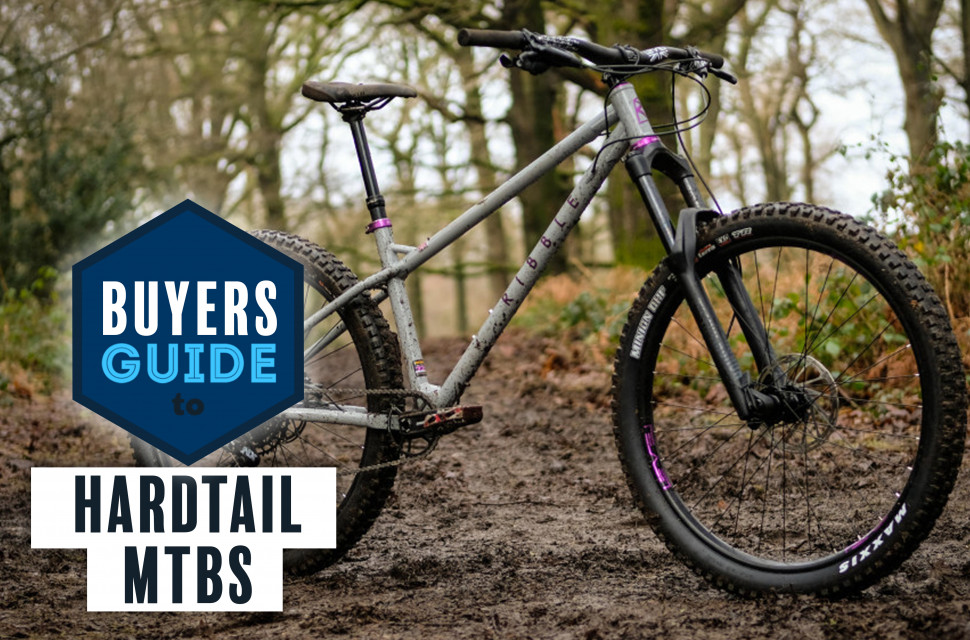
Credit: off.road.cc
Frequently Asked Questions On Best All Around Mountain Bike Tire
What Is The Most Versatile Type Of Mountain Bike?
The most versatile type of mountain bike is the trail bike. It excels on a wide range of terrains with balanced geometry and suspension.
What Bike Tire Brand Is The Best?
The best bike tire brand often varies based on rider needs and preferences. Popular options include Michelin, Continental, and Schwalbe, known for their quality, durability, and performance.
Which Is Better Maxxis Or Schwalbe?
Choosing between Maxxis and Schwalbe depends on personal preference and specific needs. Maxxis excels in durability and off-road performance, while Schwalbe offers great versatility and innovation in tire technology. Evaluate your riding style and conditions for the best fit.
Conclusion
Selecting the right mountain bike tire can elevate your riding experience to new heights. It’s a balance of grip, durability, and versatility.
Remember, terrain dictates tread. For best all-around performance, consider our top picks. Ride confidently, knowing you’ve fitted your bike with tires crafted for adventure, reliability, and overall excellence.
Choose wisely, and hit the trails with unmatched zeal!

Steven is a professional cyclist and his passion is cycling. He has been cycling for the last 6 years and he loves using bikes while outing as well. Based on his experiences with the different types of bikes; he is sharing his opinions about various bikes so that a beginner can start right away. Find him on Twitter @thecyclistguy Happy Biking.

